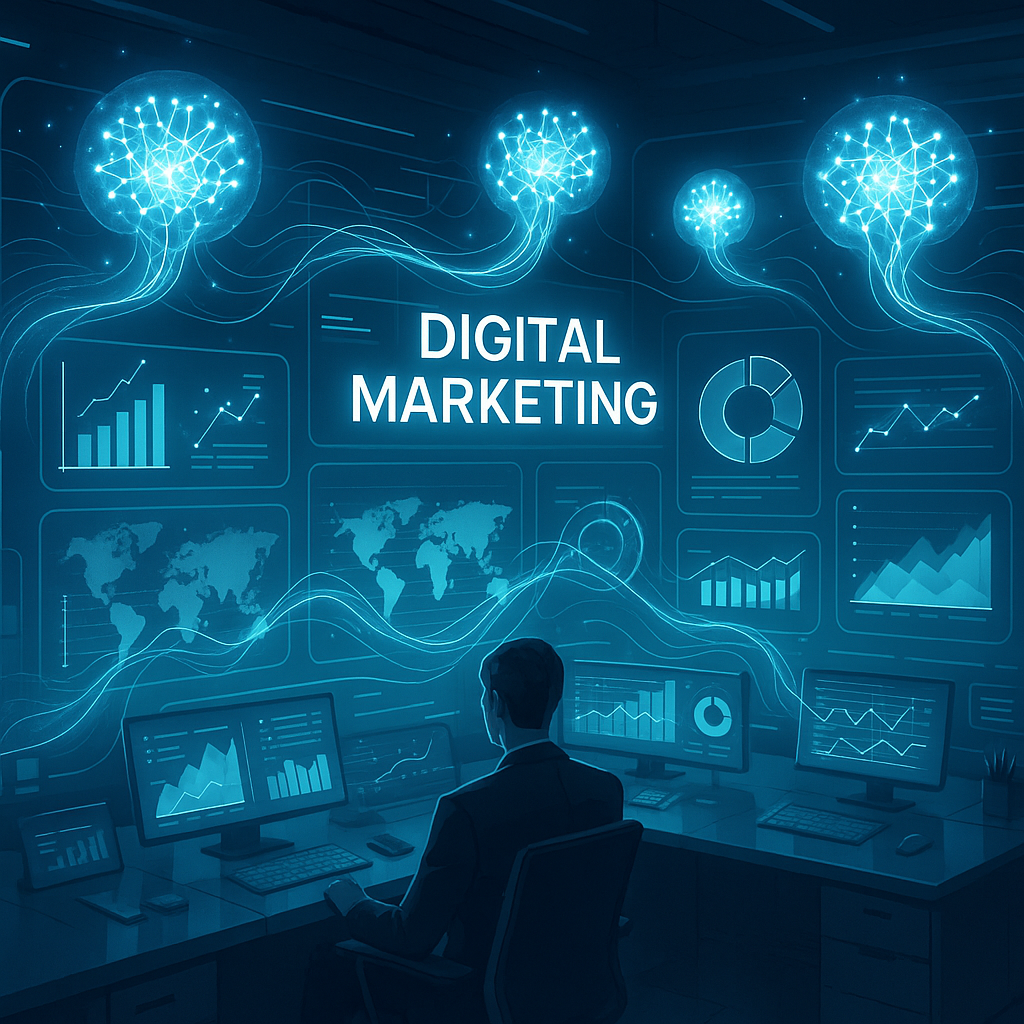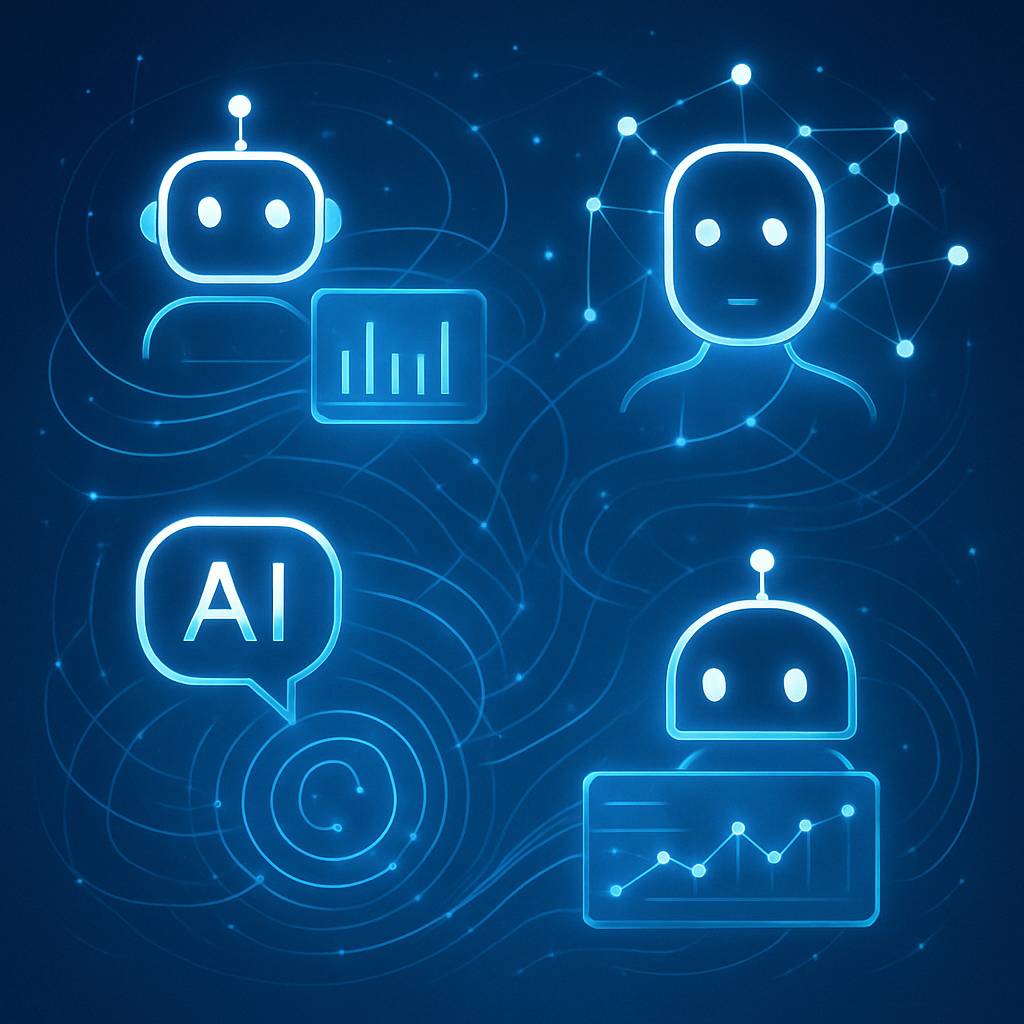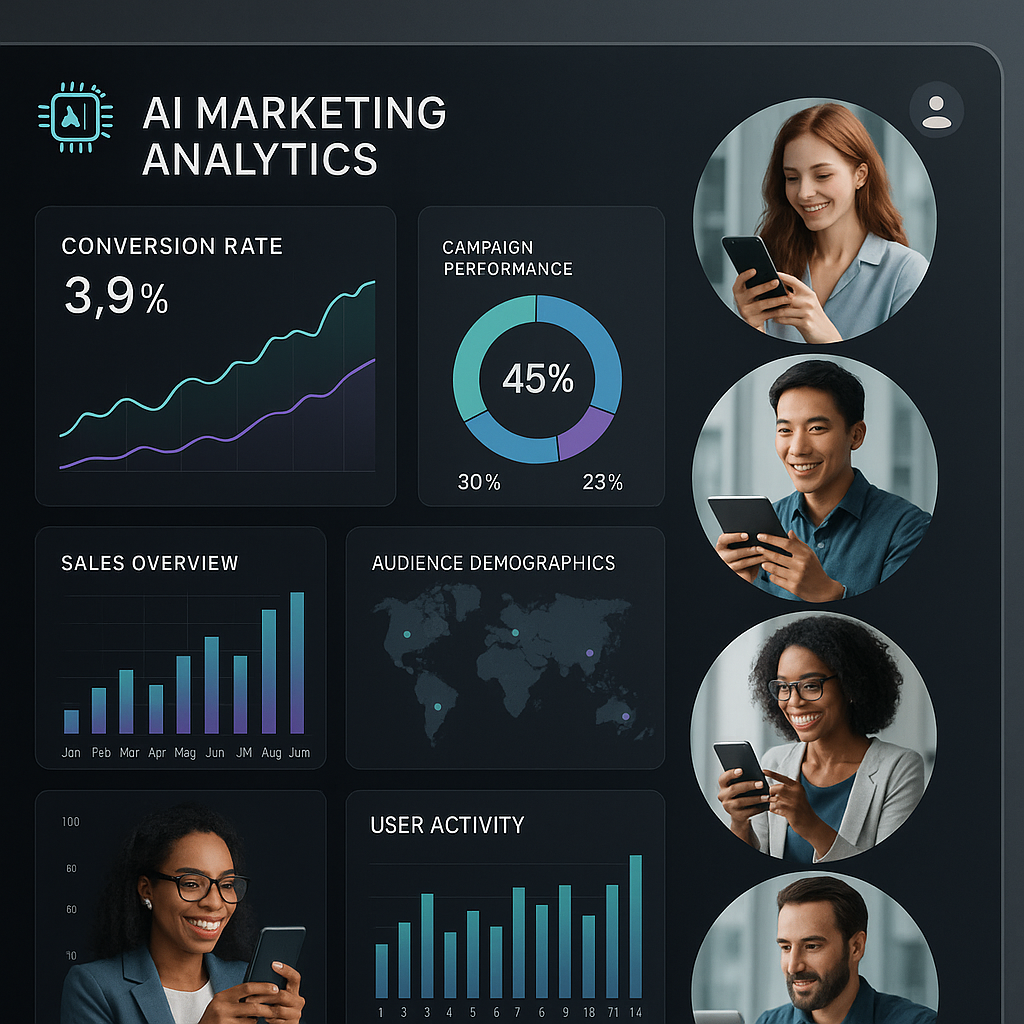
Leveraging Intelligent Computer Agents to Transform Digital Marketing
Understanding Intelligent Computer Agents in AI
Artificial intelligence has rapidly evolved beyond simple automation to include intelligent computer agents—autonomous software entities capable of perceiving their environment, making decisions, and learning from interactions. In digital marketing, these agents utilize algorithms, machine learning, and natural language processing to optimize campaigns, personalize user experiences, and bring agility to complex marketing ecosystems.
What Is a Computer Agent in AI?
Computer agents in AI are programs designed to act autonomously on behalf of users or businesses, adapting dynamically without constant human intervention. Their capabilities range from data analysis and customer interaction to predictive modeling and real-time campaign adjustments. Unlike static automation scripts, these agents exhibit cognition-like functions, enabling them to manage multi-channel marketing tasks intelligently.
The Intersection of Artificial Intelligence and Digital Marketing
Artificial intelligence and digital marketing have become inseparable domains in 2025, with AI technologies fundamentally restructuring marketing workflows and strategies. Intelligent agents serve as the backbone of this transformation, enabling marketers to process vast datasets, understand customer intent deeply, and deliver personalized experiences at scale.
Personalization at Humankind Scale
One of the most significant shifts brought by intelligent agents is their ability to hyper-personalize content and offers to individual consumers. Instead of generic messaging, AI agents analyze browsing behavior, purchase history, and even sentiment cues to tailor marketing communications with remarkable precision. For example, fashion e-tailers use AI agents to curate custom outfit suggestions in real-time, aligning with each shopper’s style preferences and ongoing trends.
Adaptive Campaign Optimization
Traditional marketing campaigns often rely on static parameters set before launch. AI computer agents break this mold by continuously monitoring campaign performance across platforms and dynamically reallocating budgets, adjusting messaging, and experimenting with formats. A major online travel platform reported a 25% uplift in booking conversions after deploying intelligent agents that shifted ads in response to real-time demand signals and competitor activity.
Advanced Use Cases of Intelligent Computer Agents in Digital Marketing
Chatbots with Contextual Awareness
Modern AI-driven chatbots act as intelligent agents capable of understanding complex queries and providing nuanced responses. These chatbots go beyond scripted replies by learning from interactions to improve support quality and sales assistance. For instance, a leading sports equipment brand employs AI chatbots that recommend products based on individual fitness goals and previous purchases, creating a seamless conversational shopping experience.
Predictive Customer Insights and Lead Scoring
Intelligent agents analyze multi-dimensional datasets to predict customer behavior and identify high-potential leads by scoring prospective buyers. This predictive modeling enables marketing teams to allocate resources efficiently and personalize follow-ups. In the B2B sector, firms use AI agents for lead nurturing automation, boosting pipeline conversion rates by anticipating client needs and engagement timing.
Content Generation and Curation
AI agents contribute significantly to content marketing by generating and curating material tailored for different audience segments. Natural language generation (NLG) powered by intelligent agents produces blog posts, email copy, and social media updates that align with brand voice while adapting to trending topics and SEO requirements. This automation increases content output without sacrificing quality.
Challenges and Considerations in Deploying Intelligent Agents
While intelligent computer agents offer numerous benefits in digital marketing, businesses face challenges including data privacy compliance, ethical decision-making, and ensuring transparency in AI actions. Trustworthy AI Development mandates rigorous testing to avoid biases and misinformation. Moreover, integrating AI agents with legacy marketing systems demands careful architectural planning to maximize efficiency.
Future Outlook: Toward Autonomous Marketing Ecosystems
The trajectory of intelligent computer agents points toward fully autonomous marketing ecosystems capable of self-optimization, multi-platform orchestration, and proactive customer engagement. Emerging AI techniques like reinforcement learning empower agents to explore new strategies and continually improve outcomes. Marketers are expected to evolve from manual campaign managers to strategic overseers, leveraging AI insights to guide creative and empathic storytelling.
Conclusion
Intelligent computer agents stand at the forefront of the ai and digital marketing convergence, transforming how brands understand and interact with consumers. By delivering hyper-personalization, dynamic optimization, and predictive insights, these advanced artificial intelligence systems enable marketers to craft adaptive, efficient, and deeply engaging campaigns. As technology evolves, embracing intelligent agents will be key to navigating the complex digital marketing landscape of 2025 and beyond.






